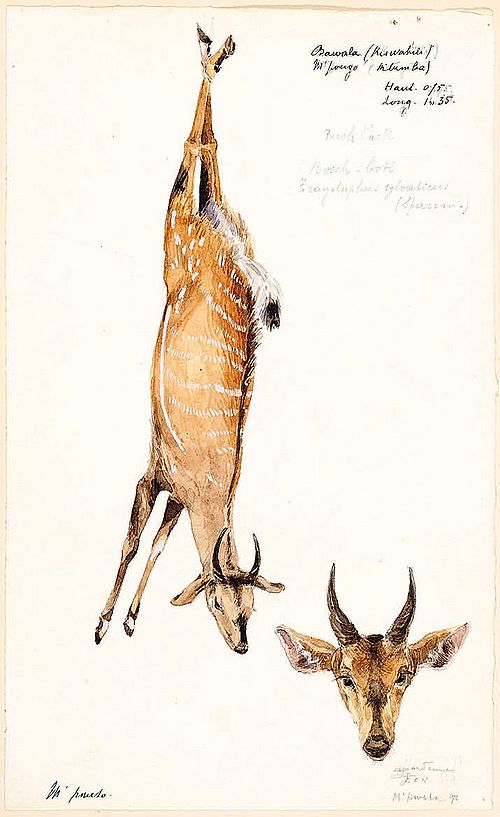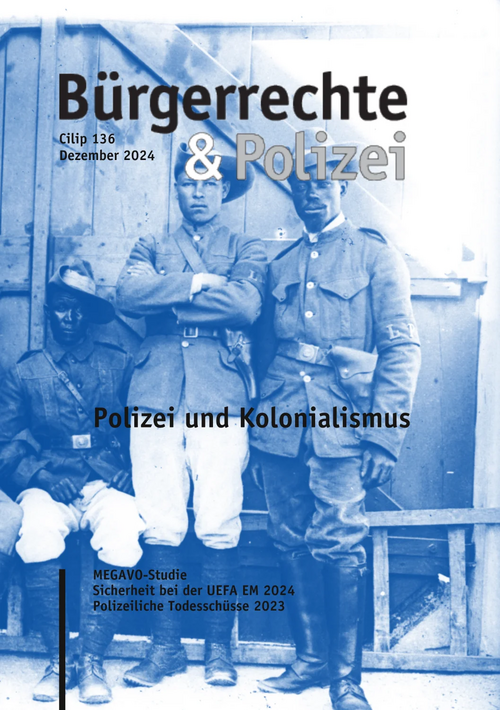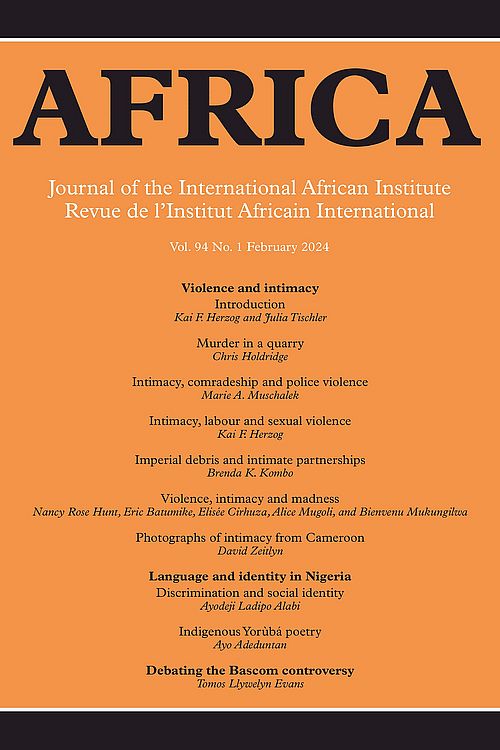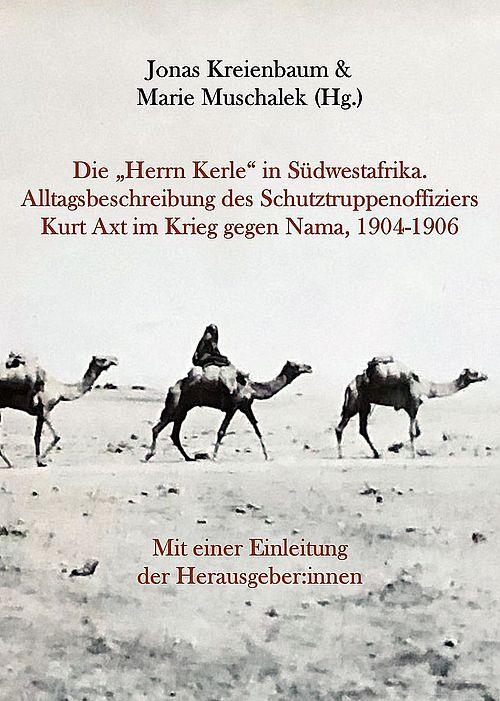Prof. Dr. Marie Muschalek
Marie Muschalek studied Modern and Contemporary History, German Literature and Political and Social Sciences in Hamburg and at the Institut d’Études Politiques in Paris (Sciences-Po). In 2014, she completed her Ph.D. at Cornell University (Ithaca, USA) with a dissertation on the police and everyday life in colonial Namibia. Her book Violence as Usual (Cornell University Press 2019; UNAM Press 2020) examines daily violent police acts and the normalization of imperial power in German Southwest Africa. The study of everyday violence, especially historical anthropologies but also sociological approaches, is one of her main specializations.
She has taught and worked in the History Department at Freiburg University, at University College Freiburg, as well as in the History of Knowledge work group at Konstanz University. Between 2014 and 2017, she was a postdoc within the research network History of the State Ministries in Baden and Württemberg under National Socialism, studying the quotidian culture of state bureaucracies in de facto annexed Alsace, 1940-1944/45. Between 2021 and 2023 she was a postdoc fellow at the Centre for Cultural Inquiry (ZKF) in Konstanz.
In April 2024, Marie Muschalek joined the University of Basel with a SNSF Starting Grant. Her current project inquires into the daily practices of specimen collectors around the globe in the age of empire: that is, into the act of killing animals in order to keep them for study (Killing to Keep).
Since the beginning of her studies, Marie Muschalek has been interested in mediated and nonacademic forms of communicating history. She has developed teaching formats allowing students to explore the many facets of Public History and digital storytelling. Her students have created exciting online exhibitions entitled, for instance, Beautiful Beasts: Animal Visualizations Between Science and Art, or Drawing the Social: Data Visualizations in the 19th and 20th Centuries. From 2003 to 2005, she worked as a freelancer at the Neuengamme Concentration Camp Memorial and in 2013, together with colleagues, she developed the audio guide Colonialism in a Box? ("Kolonialismus im Kasten?") which offers a critique of the ways in which Germany’s colonial past is put on display at the German Historical Museum (DHM) in Berlin.
Key Research and Teaching Areas
- Southwestern Africa, especially Namibia, 19th and early 20th century
- Colonialism, settler colonialism
- Everyday violence, state violence
- Posthumanism, other-than-human history
- Practices and aesthetics of knowledge production
- Historical Anthropology, Alltagsgeschichte




